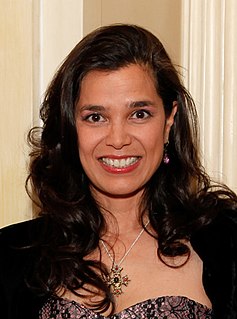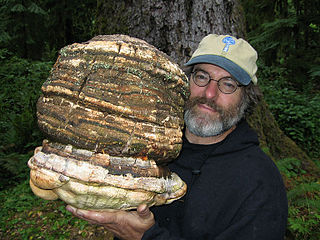A Quote by Elliott Sober
If the organisms in a species now have trait T, and this trait now helps those organisms to survive and reproduce because the trait has effect E, a natural hypothesis to consider is that T evolved in the lineage leading to those current organisms because T had effect E. This hypothesis is "natural," but it often isn't true!
Related Quotes
Evolutionary biologists often appeal to parsimony when they seek to explain why organisms "match" with respect to a given trait. For example, why do almost all the organisms that are alive today on our planet use the same genetic code? If they share a common ancestor, the code could have evolved just once and then been inherited from the most recent common ancestor that present organisms share. On the other hand, if organisms in different species share no common ancestors, the code must have evolved repeatedly.
Darwin and his successors have railed against the fallacy of confusing the current utility of a trait with the reason the trait evolved. For example, Darwin argued that skull sutures in mammals did not evolve because they facilitate live birth; the sutures were in place well before live birth evolved. Checking the chronological order in which different traits evolved in a lineage is one way to test an adaptive hypothesis; the fact of common ancestry is what makes that checking possible.
Another way to test hypotheses about adaptation is to consider trait variation across a group of species instead of focusing on the trait of a single species. Rather than seeking to explain why polar bears have fur of a certain thickness, one tries to explain why bears in colder climates have thicker fur than bears in warmer climates. The former problem is hard to solve, since it is hard to say exactly what fur thickness polar bears should have if natural selection guided the evolution of that trait.
All things considered, I can see no reason to adopt the afterlife hypothesis. I am sure I shall remain in a minority for a long time to come, especially among experiencers, but for me the evidence and the arguments are overwhelming ... We are biological organisms, evolved in fascinating ways for no purpose at all and with no end in mind. We are simply here and this is how it is. I have no self and "I" own nothing. There is no one to die. There is just this moment, and now this, and now this.
The theory of natural selection is the centerpiece of The Origin of Species and of evolutionary theory. It is this theory that accounts for the adaptations of organisms, those innumerable features that so wonderfully equip them for survival and reproduction; it is this theory that accounts for the divergence of species from common ancestors and thus for the endless diversity of life. Natural selection is a simple concept, but it is perhaps the most important idea in biology.
The existence of common features in different forms of life indicates some relationship between the different organisms, and according to the concept of evolution, these relations stem from the circumstance that the higher organisms, in the course of millions of years, have gradually evolved from simpler ones.
The reason for natural selection's great success is that it provides a satisfying explanation of how evolution might have occurred: individual organisms vary, and if those variations are inherited, the successful ones will survive and propagate and pass down their desirable traits to succeeding generations.
As conscious adult women, we need to instill a different value system. Actually, it is an innate value system. We need to tell the world that being compassionate about other people does not make you weak, and it is not intrinsically a female trait. It is a trait of the evolved human being, and it is a trait that we need to hold up as something of great worth. As women, we need to promote that, emphasize that, and nurture that. This is part of what we are doing with Global Girl Media.
Introversion- along with its cousins sensitivity, seriousness, and shyness- is now a second-class personality trait, somewhere between a disappointment and a pathology. Introverts living in the Extrovert Ideal are like women in a man's world, discounted because of a trait that goes to the core of who they are. Extroversion is an enormously appealing personality style, but we've turned it into an oppressive standard to which most of us feel we must conform.




































